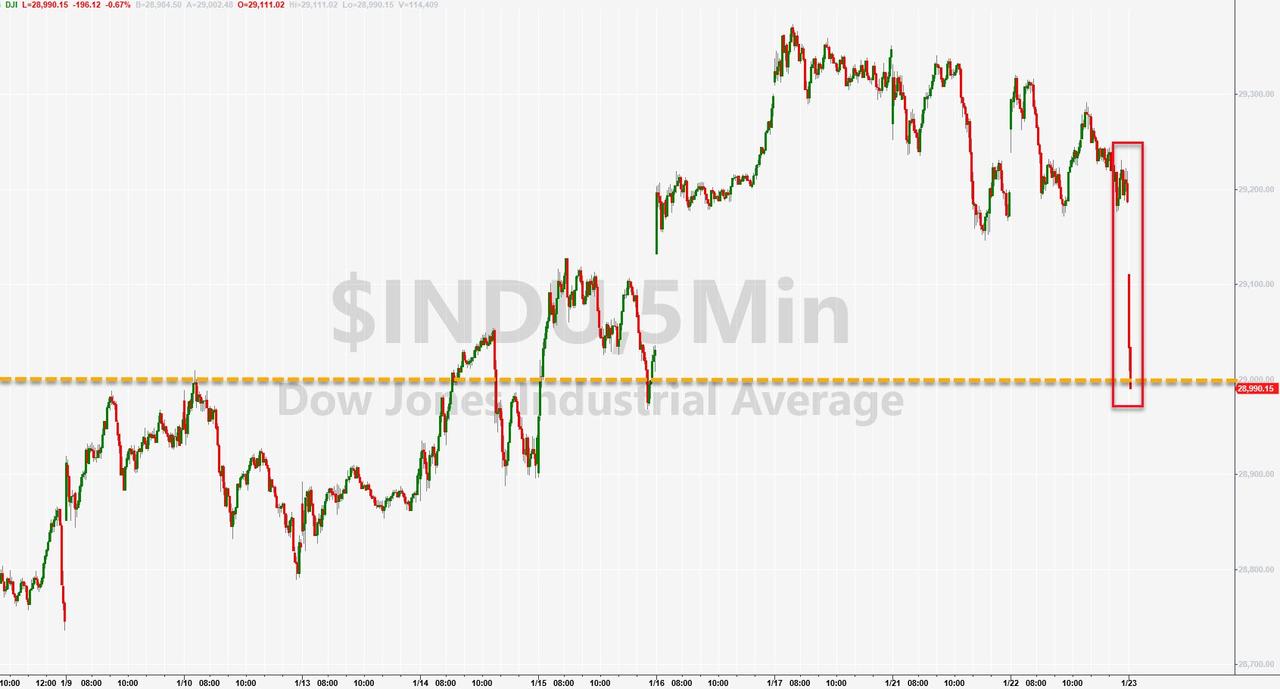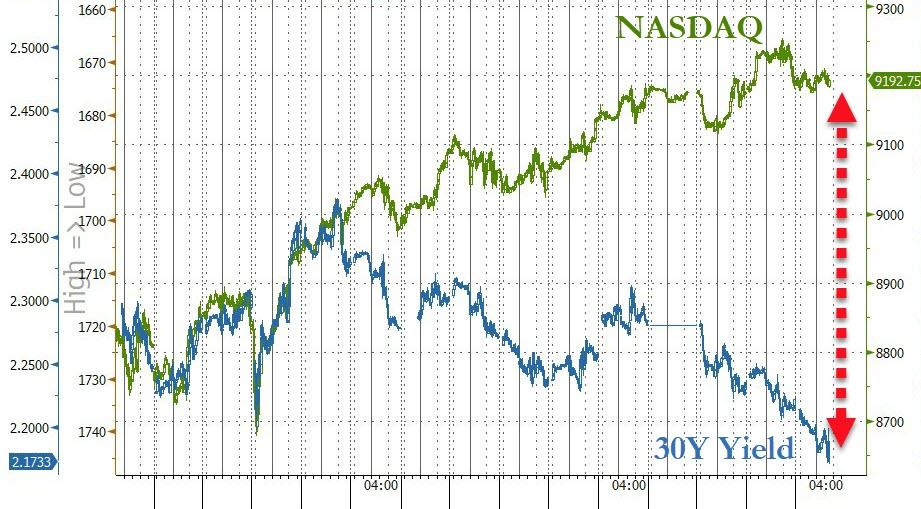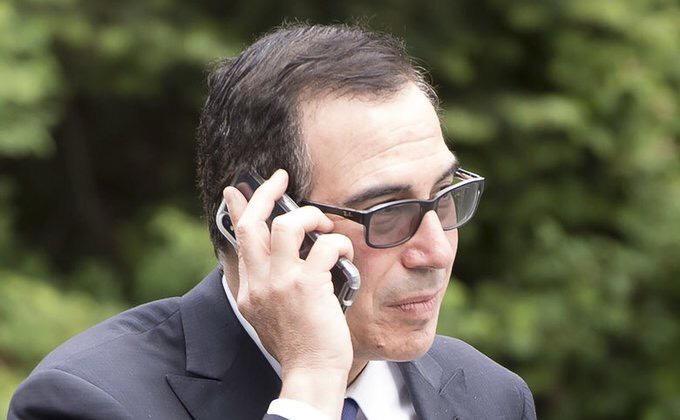The New York Times asked me to write an op-ed about President Trump’s trial brief. In the limited space provided, I only covered the first Article of Impeachment based on “abuse of power.” I did not have enough room to write about the second Article of Impeachment Based on “obstruction of congress.” Nor did I have space to discuss the GAO decision (which I wrote about here).
Here is the introduction:
The way things look, President Trump will almost certainly not be removed from office. The precedents set by the articles of impeachment, however, will endure far longer. And regrettably, the House of Representatives has transformed presidential impeachment from a constitutional parachute — an emergency measure to save the Republic in free-fall — into a parliamentary vote of “no confidence.”
The House seeks to expel Mr. Trump because he acted “for his personal political benefit rather than for a legitimate policy purpose.” Mr. Trump’s lawyers responded, “elected officials almost always consider the effect that their conduct might have on the next election.” The president’s lawyers are right. And that behavior does not amount to an abuse of power.
Politicians pursue public policy, as they see it, coupled with a concern about their own political future. Otherwise legal conduct, even when plainly politically motivated — but without moving beyond a threshold of personal political gain — does not amount to an impeachable “abuse of power.” The House’s shortsighted standard will fail to knock out Mr. Trump but, if taken seriously, threatens to put virtually every elected official in peril. The voters, and not Congress, should decide whether to reward or punish this self-serving feature of our political order.
And an excerpt from the middle:
Mr. Trump is not the first president to consider his political future while executing the office. In 1864, during the height of the Civil War, President Lincoln encouraged Gen. William Sherman to allow soldiers in the field to return to Indiana to vote. What was Lincoln’s primary motivation? He wanted to make sure that the government of Indiana remained in the hands of Republican loyalists who would continue the war until victory. Lincoln’s request risked undercutting the military effort by depleting the ranks. Moreover, during this time, soldiers from the remaining states faced greater risks than did the returning Hoosiers.
Lincoln had dueling motives. Privately, he sought to secure a victory for his party. But the president, as a party leader and commander in chief, made a decision with life-or-death consequences. Lincoln’s personal interests should not impugn his public motive: win the war and secure the nation.
And the conclusion:
An impeachable offense need not be criminal. But our Constitution does not allow Congress to take a vote of “no confidence” for a president who pursues legal policies that members of the opposition party deem insufficiently publicly spirited. Presidents who take such actions with an eye toward the ballot box should be judged by the voters at the ballot box.
The first article impeachment turns on conceptions of what is, and is not in the national interest.
The Wall Street Journal house editorial was on a similar wavelength. (I wrote mine a few days earlier–the review and fact checking process takes some time):
House Democrats are going much further and declaring that Mr. Trump’s acts are impeachable because he did them for “personal political benefit.” He isn’t accused of corruption per se. His Ukraine interventions are said to be corrupt because he intended them to help him win re-election this year. In other words, his actions were impeachable only because his motives were self-serving.
Mark Tushnet flagged a related point at Balkin:
Here’s the version from the House: “Overwhelming evidence shows that President Trump solicited these two investigations in order to obtain a personal political benefit, not because the investigations served the national interest.” The contrast between “the national interest” and “personal political benefit” is explicit.
And here’s the nagging concern: Suppose Trump believes, as I’m sure he does, that his reelection after a campaign against any rival is in the national interest. Or, to put it in the House’s terms, the national interest coincides with a “personal” — but really “political” — benefit to Trump. So, why is it impeachable to act to ensure a re-election that is in the national interest? ….
Otherwise, maybe the argument supporting the House’s formulation is simply that the equation of personal political benefit with the national interest, which I’m imputing to Trump, is simply wrong. Here the formulation probably should be that it’s fine for Trump to think that his reelection would be better for the nation than the election of any rival, but that the increment of national benefit isn’t great enough to justify irregular and secret actions to defeat rivals. And finally, in my view that may be the best way to understand the use of the phrase “abuse of power.”
I am grateful for co-blogger Ilya Somin’s recent post. He cogently crystalized our disagreement:
Unlike unjust deprivation of life, liberty, or property, removal from power doesn’t violate anyone’s human rights. When real human rights are at stake, it may make sense to allow ten guilty people to go free, in order to save even one innocent from conviction. When it comes to positions of power, almost the opposite is true: Removing ten “normal” politicians is more than justified if that is the only way to get rid of one who engages in grave abuses of power. It’s not as if we suffer from a shortage of ambitious politicians who would be happy to take the places of those who get removed.
Ilya thinks it is justified to remove “ten ‘normal'” Presidents to “get rid of one who engages in grave abuses of power.” In more than two centuries, we have had only 44 Presidents (45 if you count Cleveland twice). If Ilya’s standard is correct, then it would have been appropriate to remove nearly a quarter of American Presidents. Every generation would have at least one convicted President. To get Trump, would it be worth it to remove the prior nine presidents: Johnson, Nixon, Ford, Carter, Reagan, Bush, Clinton, Bush, and Obama (well, exclude Nixon, and perhaps Clinton)? Ilya’s “n guilty men” standard may make more sense for lower-ranking officials. Their removals do not alter the arc of history. But the President cannot be considered a “‘normal’ politician.” Indeed, removing any one of these Presidents would have altered the Republic in ways I cannot fully articulate. I do not agree with Ilya that such an over-inclusive approach would be justified. Such avulsive changes would tear at the fabric of our country on a quadrennial basis.
I acknowledge one perverse consequence of my theory–it would be easier to remove lower-level officers, whose powers may be relatively insignificant, but harder to remove the President, who personally wields “the executive power.” I think that asymmetry must flow from how the President, and the Vice President, are selected: by a nationwide vote. “Officers of the United States” must be appointed pursuant to the Appointments Clause. The people had, at most, an indirect say in their selection. (I do not think members of Congress can be impeached.) I reject the argument that impeachments have the effect of “undoing” an election. But such frequent changes to our polity after elections would shake the faith the people place in the ballot box.
Moreover, frequent impeachments based on mere “abuses of power” would transform the impeachment process into the equivalent of a no-confidence vote. Many parliamentary countries around the world permit these types of proceedings. I offer no opinion on their strengths and weakness, but do not think they are consistent with our constitutional structure.
What then to do about a President who “engages in grave abuses of power” that do not rise to the level of impeachment? I find some solace for my position in the fact that members of Congress stand for election every two years. Midterm elections can allow new members to check the President’s authority, both through legislation and oversight. The 2010 and 2018 midterm elections serve as important examples of the opposition party regaining control of Congress.
Practically speaking, neither of these options is particularly useful. First, Congress has delegated so much power to the President, and courts are generally deferential to those delegations. Most Presidents can find a statute to do just about anything they want. Consider the travel ban, for example. (In the two years since Trump v. Hawaii, the House has not passed any bill to modify 8 U.S.C. 1182(f)). Second, oversight requests can be ignored, and the courts are very slow to litigate subpoena cases. And even when subpoenas are honored, probative information is seldom revealed. Presidents have aggrandized far too much power. Congress only complains when the President in power uses that power in ways Congress disagrees with.
Ultimately, I find more solace in the short term of the President’s tenure. Every four years, a President must stand for election. (Table for a moment objections to the Electoral College.) If the people decide to grant another term to the President, perhaps Congress is mistaken that he has “engage[d] in grave abuses of power.” One person’s “grave abuses of power” is another person’s policy decisions. I often disagree with President Trump’s actions, but I recognize that other people may reasonably draw different conclusions. I do not begrudge their choices. Such disagreements are part of any political give-and-take.
Four years may seem like an interminably long time. In the moment, absolutely. In hindsight, it moves with the blink of an eye. November 2020 will be here before you know it.
from Latest – Reason.com https://ift.tt/2Risozc
via IFTTT





